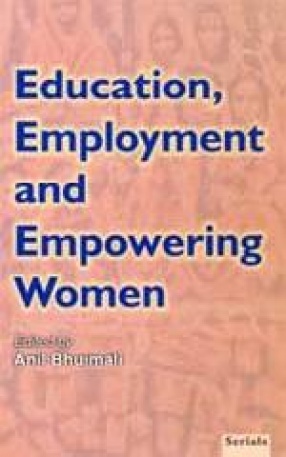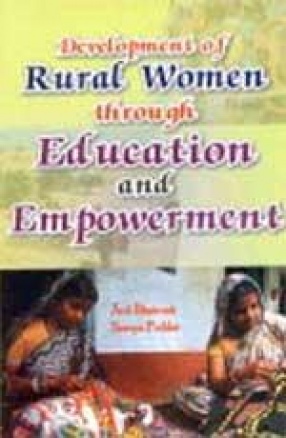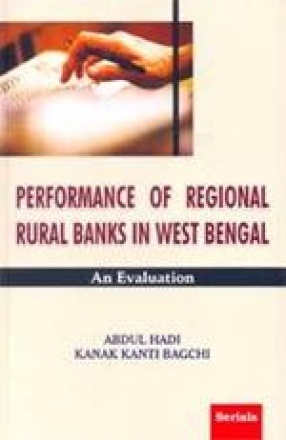Trade Union Movement in Bangladesh
Synopsis
Trade Unions were formed to conduct strikes against the law wages, long hours of work and abominable conditions. By the end of the 18th century trade unions had began to take root, in the shape of local trade clubs which usually could meet in public houses. These clubs had developed aristocracy among the artisans. Since 1972 trade union activity began to spread among the factory worker. This type of unions among the factory workers put a threat to the rising capitalist employers. As the unions put a constant pressure on the selfish attitude of the factory owners, the latter, en masse, continuously suppressed, oppressed and tortured against the formation of new trade unions and the growth of the already formed trade unions. The scenario of trade union movement all over the world especially in the Asian and the African nations was almost the same. One of the most important functions of present day trade union is collective bargaining. There are three tiers in settling labour dispute between the workers and the employers. These are trade unions (formed by the workers), the management and the government. The objectives of the present book are to identity and assess the impact of trade union activities on production and productivity and on management performances, analyse the development and performance of the movement in Bangladesh for the period 1947-2000 and among others evaluate the socio-economic background of trade union members vis-?-vis their participation in trade union activities as those affect employee minds, attitude, motivation and job satisfaction in jute mills.
Read more
45.00
40.5
$
50.00 $
Free delivery Wolrdwidе in 10-18 days
Ships in 1-2 days from New Delhi
Membership for 1 Year $35.00
Get it now and save 10%
Get it now and save 10%
BECOME A MEMBER
Books by the same authors
-

Rural Cooperative and Economic Development
-

Education, Employment and Empowering Women
-

Development of Rural Women Through Education and Empowerment
-

Disadvantaged Women in Informal Sector: A Study of Domestic Help and Bidi Workers
-

Land Tenures and Agricultural Development
-

Performance of Regional Rural Banks in West Bengal: An Evaluation
-

Adoption of New Technology and Agricultural Development
-

Adoption of New Technology in Agriculture by Tribal and Non-Tribal Farmers







Bibliographic information
Kanak Kanti Bagchi
Md. Gholam Kibria
Tags